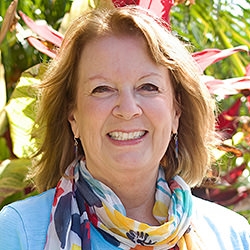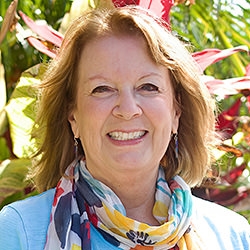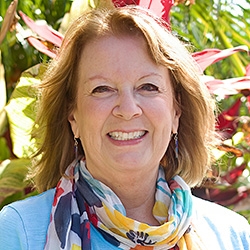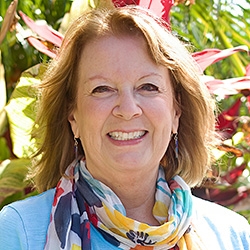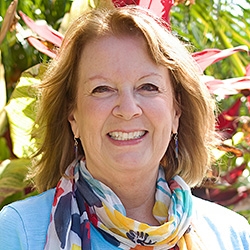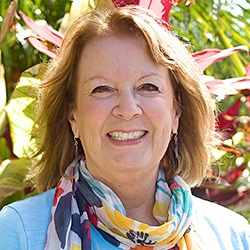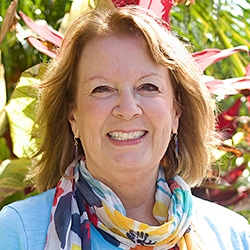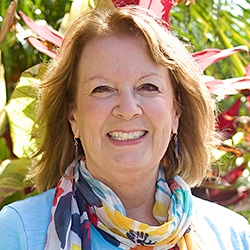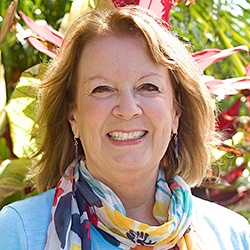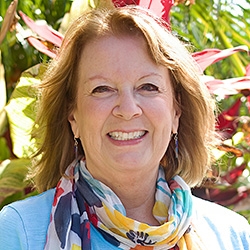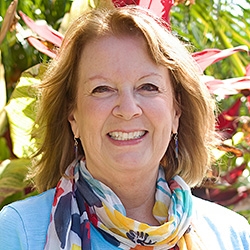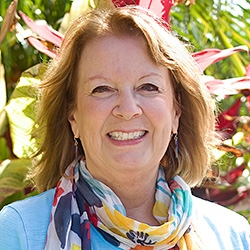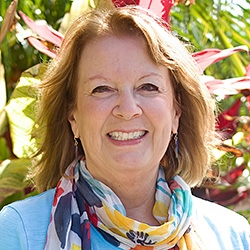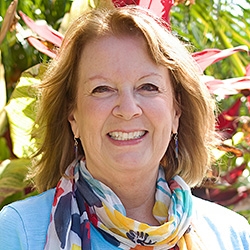

Search Results: focusing
-
The season is changing. What have you done to nurture yourself these past several months? It has been summer in my part of the world and moving into fall.
-
It is the first day of December and it seems to me as if 2023 went by with a flash. I have felt deep despair about the growing division between people and the devastating impact it has had on human beings, all life in fact, including our planet. And, I have also experienced many moments of joy and satisfaction this year.
-
Learn when to use the two types of requests in the practice of Nonviolent Communication: Action Requests and Connection Requests. Both are important when working through conflict or difficult situations and for building connection.
-
Conflict is a normal and natural part of life. To varying degrees, it happens whenever two or more people consistently spend time together. Resolving conflict effectively and peacefully, in a way in which all parties feel respected and valued, does not feel natural for those of us who grew up with punitive, adversarial, or avoidant approaches to conflict. Eric offers some tips for approaching conflict.
-
Trainer Tip: In Compassionate Communication, we consider needs to be universal. That means that while we all have the same needs, such as for love, support, shelter, food, joy, caring, etc., we choose different ways to meet our needs.
-
How can we live up to our true potential, a life filled with relationships and experiences that truly meet our needs? In this article, Mary offers us a way to bring about inner transformation that can lead to seeing ourselves, others and life differently -- for greater agency, empowerment and choice.
-
Trainer Tip: When we love a child there's a contribution we can provide in helping them go their own way successfully, in big ways and small.
-
Trainer Tip: It's impossible to value other people’s needs and remain compassionate if we simultaneously harbor judgments. If we're willing to shift this behavior we can translate our judgments into acknowledging how something affects us. Once I got into the habit of this, my judgments began to subside dramatically. It became easy to love people and feel compassion for them, and I experienced a freedom I had never known before.
-
Trainer Tip: What is motivating your (in)actions? Are you doing something in the name of supporting deeper heartfelt needs, free of judgement or blame? Or are you bringing in consequences based on viewing the other person as having "bad behaviour"?
-
Trainer Tip: People struggle to come to agreement when they don’t feel heard. So as a mediator, facilitate the process by asking all parties to reflect the essence of what's important to other parties. This is critical. Once everyone is confident that their needs have been heard, you'll notice the energy in the room relaxing. Then you can brainstorm strategies that will value everyone’s needs, and are focused on what they want to happen.
-
Do you sometimes feel overwhelmed – or locked into passivity? This course offers you a way out. Learn to change the way you perceive leadership, and you’ll help yourself respond more powerfully and proactively every day of your life – wherever you are – and whomever you’re with!
-
Trainer Tip: Only after we connect to our unmet need can we make sound decisions that will transform our experience. For example, if you feel bored, connect to your unmet needs (eg. need for understanding the relevance, etc) and then look for strategies that will meet them (eg. ask the speaker how this topic relates to our lives).
-
Join Miki as she covers a lot of territory, defining leadership, helping us lead when we're not in the leadership chair, showing us how to have power in every moment and engage our fear instead of let it run us. Get some powerful leadership tools you can put to use today.
-
Trainer tip: Judging others can affect our ability to communicate effectively with that person, or enjoy the relationship. Translating the static judgments (enemy images) we have of others into our own and others' feelings and needs can help us move into greater understanding, healing, and relief -- which can foster compassion and connection. Read on for more.
-
"All humans share the same needs" -- tragically, this idea can hide the reality that some people with less power in society have needs that go unmet to a greater extent, much longer, and with more dire consequences. Often, when the marginalized bring up experiences related to their membership in a certain group, their pain isn't acknowledged, and focus shifts to the listener's discomfort. The concept of universal human needs can be used to silence and minimize their pain. Read on for how to proceed.
-
Trainer tip: Do you get into “right fights”? You know you’re in one when you’re arguing with somebody in order to be right or because you want to win. What needs do I hope to meet from winning or being right? Notice if you enter into a right fight today and shift your focus to your needs and connecting with the other person's needs.
-
Trainer tip: If you have a goal, want to be a "success", or want to do "your best', define what that would look like, and how much. Identify one goal and one thing you can do today to achieve that goal and do it.
-
Trainer Tip: Usually if we are in anguish, it’s because we’re not in the present. Instead of worrying, look to see if there is an action you can take in the present moment that will help change the situation. If you're fretting about the past, see if there's anything you can do to rectify the situation. Then take action. Read on for examples.
-
Grow your compassionate presence with this 3-process exercise. The processes include: Connecting to and feeling the Life Impulse meditation, Creating your own inner space of compassionate presence exercise, and the Compassionately Embracing visualization. These processes will guide you toward deeper self connection and compassionate presence.
-
Do you ever give up on disagreements, temporarily or permanently? Do you ever disengage from conflict because you’re certain the situation can't be resolved? Sometimes this applies. And consider how you may be giving up too soon, which decreases the possibility for resolution. This speaks to your level of commitment. How committed are you to valuing another’s needs and to finding resolution?

Quick Links
Subscription Preferences
Stay In Touch!
Looking for ways to keep up with NVC Academy news, get special offers, free resources, or words of inspiration? Here are five ways to stay engaged:

